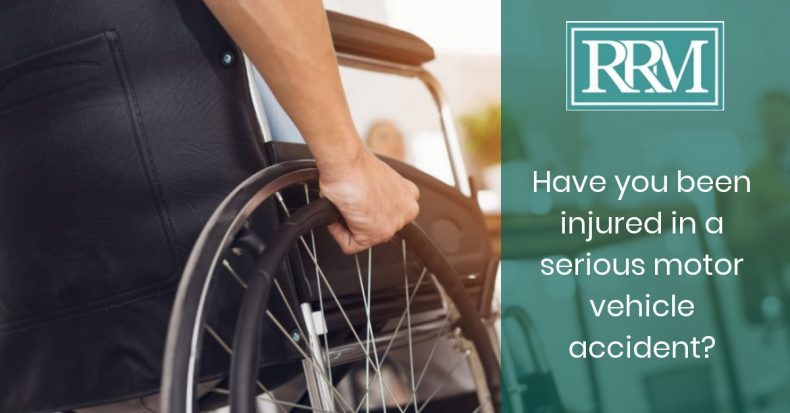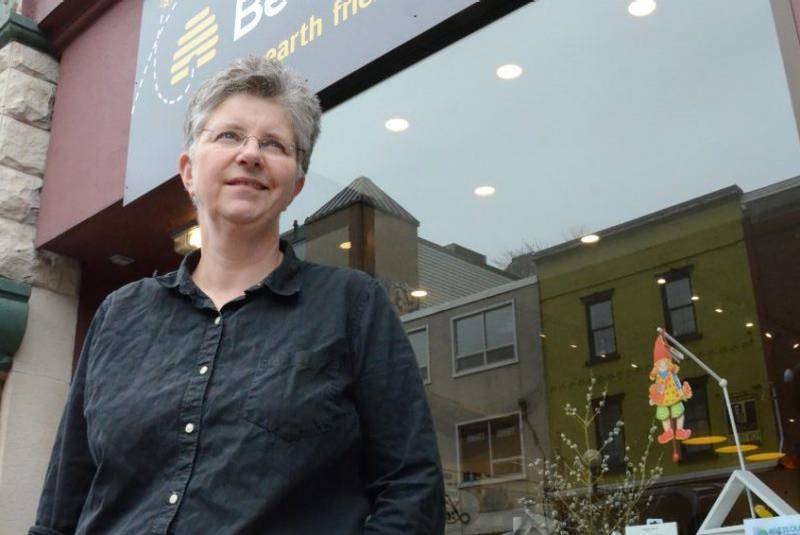You’ve been in a motor vehicle accident and suffered an injury. It’s affected your life in many new and unexpected ways: you’ve got medical appointments, you’re missing work, things aren’t getting done around the house, and relationships become strained. The phone rings, and it’s the insurance company for the person who injured you. In the middle of all this stress, they offer you some money, and give you some compelling reasons to accept the offer. How do you know if the offer is fair? You turn to Google: “How much is my injury claim worth?”
We get these questions all the time from frustrated victims across Newfoundland and Labrador:
- What’s my claim worth?
- Is my claim worth pursuing?
- The insurance company offered me money for my claim, is it a fair offer?
There is no quick and easy way to put a price on an injury claim. This, is actually a good thing for you and your claim. Here’s why.
How Is Compensation for My Personal Injury Determined?
In Newfoundland and Labrador, the law treats you like an individual, and takes into account how your injuries have changed your life and affected you personally. This personalized approach is superior to certain other jurisdictions where injuries are assessed according to preset tables, also referred to in the insurance industry as “meat charts.” In Newfoundland and Labrador, courts take into account how severe your injuries are, and how long they will last. A person who is completely paralyzed for life will be entitled to more compensation than someone with a broken hand. Long Term Disability Law is one of areas of expertise and we have assisted thousands of long term disability victims across our province. If the person with the broken hand is a highly-paid professional athlete who can never play again, the value the courts assign to the injury might not necessarily change, but the overall value of the claim will increase because of the money that person won’t be able to earn because of the injury. Physical and psychological injuries – such as depression, anxiety, insomnia, and PTSD – are considered, and each additional injury typically increases the amount of compensation that is awarded.
When Can I Settle a Claim?
Before calculating the value of an injury claim it is important that you are either 100% healed from your injuries, or as healed as you can ever be expected to be. This is known as Maximum Medical Improvement or MMI. Your treatment providers will determine when you reach MMI and at that point the duration of your injuries will be known with enough certainty to determine the right amount of compensation for you. NOTE: in Newfoundland and Labrador, you have 2 years from the date of your accident to file a claim. If you are getting close to the 2-year deadline, contact us to discuss your options. It costs nothing to speak with a member of our team, and we may still be able to protect your claim.
Many injury claims in Newfoundland and Labrador will end via a negotiated settlement. This means that you, as the injured person, agree to accept an amount of money from the person or persons who caused your injury in return for ending your claim forever. Most of the time, the compensation will be paid by the other person’s insurance company, but even if the other person doesn’t have insurance, there are ways to recover the compensation. To ensure you receive a fair shake, this is where hiring a specialized personal injury law firm can assist you.
Why Am I Entitled to Compensation?
When you’re injured in Newfoundland and Labrador because of the wrongdoing of someone else, the law says that you are entitled to compensation. It’s because the law recognizes that something has been taken from you, and aims to put you back in the position you were before the injury happened. Of course, money is a poor substitute for your health and well-being, but in the case of pain and suffering, it’s the best the law can offer to people injured in accidents.
Does It Matter Who Is at Fault in a Car Accident?
The short answer is that it definitely matters who is at fault for the accident when it comes to whether or not you are entitled to compensation for your claim. In the province of Newfoundland and Newfoundland, however, fault is not treated as black or white.
Sometimes you can be injured by someone else in an accident, but because of something you did or did not do, the court may find you partially liable for your injuries. For example, imagine you are a passenger in a car and the driver loses control causing the vehicle to roll over. Because you were not wearing your seatbelt, your injuries are more severe. The court may find you partially liable for your injuries.
Next Steps:
We’re here to help. We have helped thousands of injury victims across the province get the compensation they deserve. It costs nothing to speak with a member of our team, and we are available 7 days a week. Contact Us Today and let us protect your rights.








